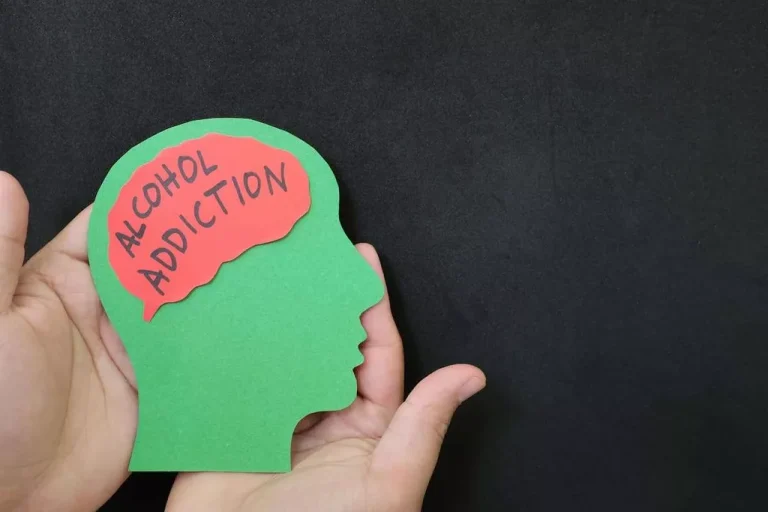
This reaction involves the production of allergy-specific antibodies. Common allergens in alcoholic beverages that can cause such reactions are barley, hops, yeast, rye, wheat, gluten, and sulfites. Diagnosis of alcohol intolerance typically involves a detailed medical history and symptom analysis. A Halfway house healthcare professional may conduct an elimination test, where the suspected intolerant substance is removed from the diet, and symptoms are monitored.
Can You Be Allergic to Alcohol? Understanding Alcohol Intolerance and Its Causes
- This may be harmful because it can mask severe symptoms that could be brewing like shortness of breath.
- However, gaining a deeper understanding of alcohol intolerance can empower you to manage it effectively, so you can still enjoy social gatherings without discomfort.
- Some people may experience allergy-like tolerance changes, which can make them more sensitive to alcohol over time.
- To prevent alcohol intolerance, it’s important to avoid alcohol if you know it causes symptoms for you.
Because the condition is inherited, there is no way to cure or treat it. Your healthcare provider can recommend ways to limit unpleasant symptoms. But the hallmark symptom of alcohol intolerance is flushing of the skin of the chest, neck and face. People often confuse alcohol intolerance and alcohol allergy, but they aren’t the same condition.
- Reframe supports you in reducing alcohol consumption and enhancing your well-being.
- This condition is primarily due to a genetic deficiency in the enzyme aldehyde dehydrogenase (ALDH2), which is responsible for breaking down alcohol in the body.
- If you suspect you might have alcohol intolerance, you will need a doctor to obtain a diagnosis.
Can Alcohol Intolerance Develop Over Time?
As a result, it is a good idea to speak with a doctor about any symptoms, as they will what is alcohol intolerance know how best to identify the cause. It is important to monitor changes in alcohol tolerance and to speak with a healthcare provider if there are concerns. Additionally, it is crucial to practice safe and responsible drinking habits and to avoid driving under the influence of alcohol. A sudden change in alcohol tolerance can be concerning and may indicate an underlying health issue or change in lifestyle.

Alcohol Use And Addiction Treatment Options
Alcohol allergy happens when the immune system mistakenly identifies alcohol as a threat and launches an attack that can affect the entire body. Sulfites are preservatives used in the production of certain foods and beverages, including beer, wine, and cider. For example, I have a friend who loves beer but always feels sick after drinking it. Turns out, he has a gluten sensitivity and was reacting to the wheat!

- Occasionally, a doctor may ask a person to consume alcohol in a medical setting and observe any reactions or symptoms.
- It’s important to note that while genetics can play a role in alcohol intolerance, it’s not the only factor.
- It is often mistaken for an alcohol allergy, but the two conditions are different.
- As scientists continue to explore these pathways, the possibility of developing interventions or lifestyle modifications to better manage these sensitivities becomes more attainable.
- Hydration dilutes alcohol’s effects and minimizes dehydration-related symptoms.
When most people ingest alcohol (with ethanol content), an enzyme called alcohol dehydrogenase is released to process the ethanol. ALDH2, another enzyme in the body, then converts acetaldehyde into acetic acid, which you can then remove from your body. Alcohol intolerance is an adverse reaction by the body to alcohol, often due to a genetic deficiency in the enzyme alcohol dehydrogenase. This deficiency can lead to an accumulation of acetaldehyde, a toxic compound, resulting in a number of uncomfortable symptoms.

